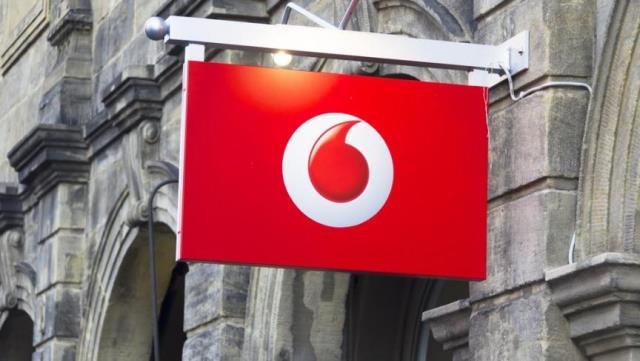Ofcom has published the latest report on the complaints it received about the major home phone, broadband, mobile and pay-TV operators in the UK.

The quarterly report reveals the number of complaints made to Ofcom between July and September last year about firms in the home broadband, landline telephone, pay-monthly mobile and pay-TV markets.
Latest complaints
Broadband
Vodafone was the most complained-about broadband provider for the second quarter in a row. As in last quarter, faults, service and installation problems were the main driver of complaints about Vodafone’s broadband services.
EE and Sky generated the lowest volume of fixed broadband complaints per 100,000 subscribers in Q3 2019.
Vodafone generated the highest volume of fixed broadband complaints per 100,000 subscribers.
As in Q2 2019, almost four in ten of Vodafone’s fixed broadband complaints were about faults, service and provisioning issues (38 percent). The other main drivers of Vodafone’s complaints were complaints handling (26 percent) and issues relating to changing provider (15 percent).
The main drivers of complaints across fixed broadband providers were complaints handling (32 percent) and faults, service and provisioning issues (31 percent), followed by issues relating to billing, pricing and charges (20 percent).
Landline
Vodafone and TalkTalk were the most complained-about landline providers, closely followed by Plusnet. Faults, service and provisioning issues were the main driver of these complaints about Vodafone. While complaints handling was the biggest issue regarding TalkTalk.
EE and Sky generated the lowest volume of landline complaints per 100,000 subscribers in Q3 2019.
Vodafone and TalkTalk generated the highest volume of landline complaints per 100,000 subscribers, closely followed by Plusnet.
Vodafone’s main complaints drivers were faults, service and provisioning issues (31 percent), complaints handling (23 percent), and issues relating to changing provider (23 percent). TalkTalk’s main complaints drivers were complaints handling (28 percent), faults service and provisioning issues (25 percent), and issues relating to billing pricing and charges (23 percent).
Virgin Media also generated complaints above the industry average.
The main drivers of complaints across landline providers were complaints handling (33 percent), faults, service and provisioning issues (25 percent), and issues relating to billing, pricing and charges (21 percent).
Mobile
Vodafone and Virgin Mobile were the most complained-about mobile providers – the main reason being complaints handling.
Mobile generated the lowest volume of pay-monthly mobile complaints per 100,000 subscribers in Q3 2019.
Vodafone and Virgin Mobile generated the highest volume of pay-monthly mobile complaints per 100,000 subscribers.
Vodafone’s main complaints drivers were complaints handling (35 percent), issues relating to billing, pricing and charges (26 percent), and issues relating to changing provider (20 percent).
BT Mobile also generated complaints above the industry average (Sky Mobile, Three, iD Mobile and O2 generated complaints per 100,000 subscribers comparable to the industry average).
The main drivers of complaints across pay-monthly mobile providers were complaints handling (31 percent), issues relating to billing, pricing and charges (28 percent), and issues relating to changing provider (18 percent).
Pay TV
Virgin Media was the most complained-about pay-TV provider, with handling of complaints being the primary reason.
Sky generated the lowest volume of pay TV complaints per 100,000 subscribers in Q3 2019. Virgin Media generated the highest volume of pay TV complaints per 100,000 subscribers. Over four in ten of Virgin Media complaints were about complaints handling (44 percent). The other main drivers of Virgin Media complaints included issues relating to billing, pricing and charges (21 percent), and faults, service and provisioning issues (17 percent).
BT and TalkTalk also generated complaints above the industry average. The main drivers of complaints across pay TV providers were complaints handling (38 percent), faults service and provisioning issues (26 percent), and issues relating to billing, pricing and charges (18 percent).
